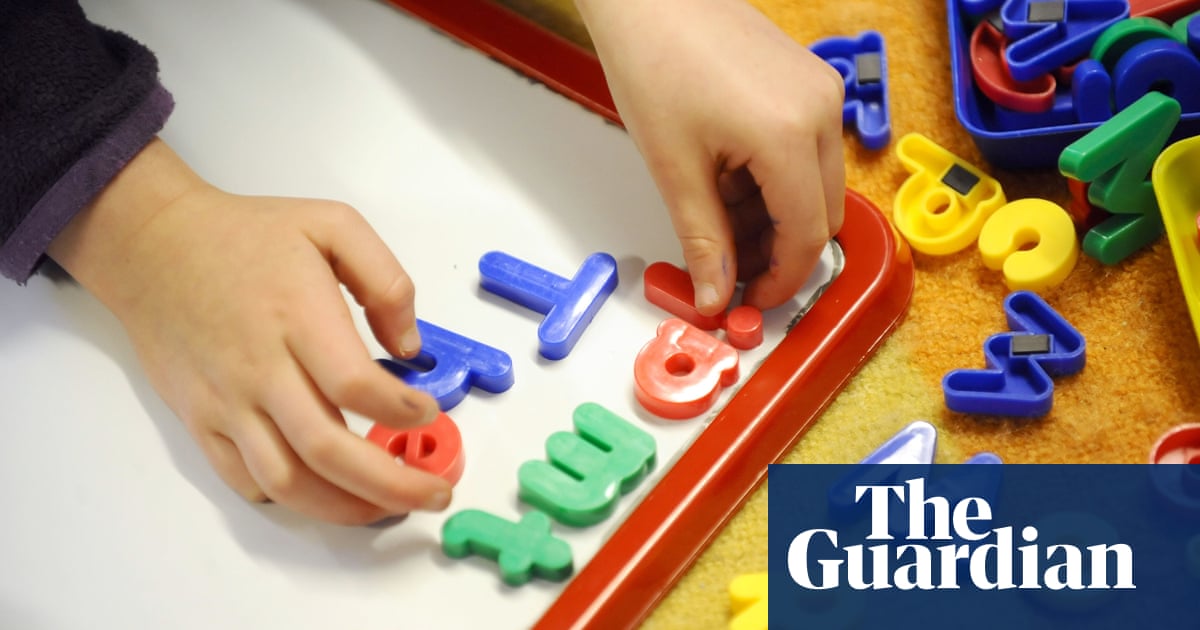
There’s a proliferation of acronyms assigned to children whose needs the state is struggling to meet. SEN (children with special educational needs), Neets (young people not in education, employment or training), LACs (looked after children in the care system).
Sometimes it feels as though these acronyms, coined by the systems and professionals involved in supporting the children, serve to help us all collude in the idea that this is some highly technical, specialised policy conversation that sits apart from mainstream discourse about children – like how we protect them from online harm – instead of being fundamental to our assessment of whether our society is doing right by them.
Last week, the National Audit Office published a damning report on the extent to which children with SEN are being failed. It’s a finding that won’t come as a surprise to any parent, child or professional with experience of a system that was racked with problems even before the 14 years of spending cuts that have affected children’s services.
Before we get into that, it’s important to understand who these children are. There is something beautifully simple and child-centred about the definition of a special educational need: it means that a child has either significantly greater difficulty in learning than most other children their same age, or a disability that would prevent them from accessing mainstream school facilities.
A range of conditions or circumstances might make it more difficult for a child to engage with school, from social and emotional difficulties, to speech and language difficulties, to neurodevelopmental disorders like autism, ADHD and cerebral palsy. The system isn’t intended to be framed around diagnoses and labels, rather, around what a child needs to access education. And the moral imperative for those needs to be met could not be stronger; because if they are not, that amounts to writing off a child.
The story often told about English schools over the past 30 or so years is one of improvement. It is certainly true that, if you take the average child, standards have risen through successive curriculum reforms introduced by Labour then Conservative governments. But there has always been a significant cohort of children whom the education system fails, who do not reach adulthood with the functional skills everyone needs not just for work but for life. Not only has policy not worked at improving outcomes for those children; everywhere you look there are signs that things are getting worse, from the widening socioeconomic attainment gap to the numbers missing school in the wake of the pandemic to teachers reporting worsening behaviour.
How the education system serves those children who fall behind is not some sort of side chat: it is as important as what’s happening to average standards. Children with SEN are central to understanding that. And theirs is the story of how a beautifully simple concept has in practice become hideously complex, adversarial and destructive.
There are two tracks for getting children with SEN the support they need. Schools are expected to meet the needs of most such childen from their mainstream budgets; about 13% of all pupils. For children with high levels of need, parents or schools can apply for a local authority assessment to obtain an education, health and care (EHC) plan, which sets out a statutory entitlement for extra support; about 5% of all pupils have such a plan.
But, as children’s services and school budgets have become more stretched, even as need has gone up, many schools have struggled to support pupils with additional learning needs. So, for many parents, the only way to access support for their child is to get them an EHC plan. But that is a huge and often lengthy battle in itself, and in the interim children are missing key developmental milestones, which makes it harder for them to stay engaged in their learning, and means they ultimately need even more support.
It is a wickedly vicious cycle that drains morale, energy, time and resource from parents fighting to have their children moved to another category as their unmet needs become more profound, while the overall resource envelope doesn’t shift: over the past decade, as more children have had ECH plans, real funding for each plan has fallen by more than a third. Children are also being forced to wait years for diagnoses for conditions such as autism, ADHD and learning difficulties while not getting the support they need in the meantime.
Where resources are scarce and budgets are stretched, any two-track system is going to have this problem. It can be seen across much of the public sector. Instead of making support available to people early – for example, when they first get ill, or develop substance abuse – to prevent problems intensifying, the little support that is available is reserved for people for whom things have become absolutely dreadful, guaranteeing that this group will always exist because there is so little support available at an earlier stage.
It is why any idea that there are ways to reform the public sector against a backdrop of high need without extra resources is for the birds; strictly rationing state support to children or adults in the most acute of crises is a sure-fire way of ensuring that things get worse. That’s why the National Audit Office found that there was no evidence that increased spending on children with additional needs had improved outcomes for them: need is growing more quickly than spending, partly because provision is so limited in the first place.
This is the problem the new Labour government faces. Stopping the late-intervention vicious cycle takes not just reforming zeal but money. Arguably, nothing should be more important to a party that once adopted “education, education, education” as a slogan than ensuring all children get their basic human right to an education. But it’s depressing that there have been so few mentions of what children with additional learning needs might gain from the budget this week.
Sonia Sodha is an Observer columnist












